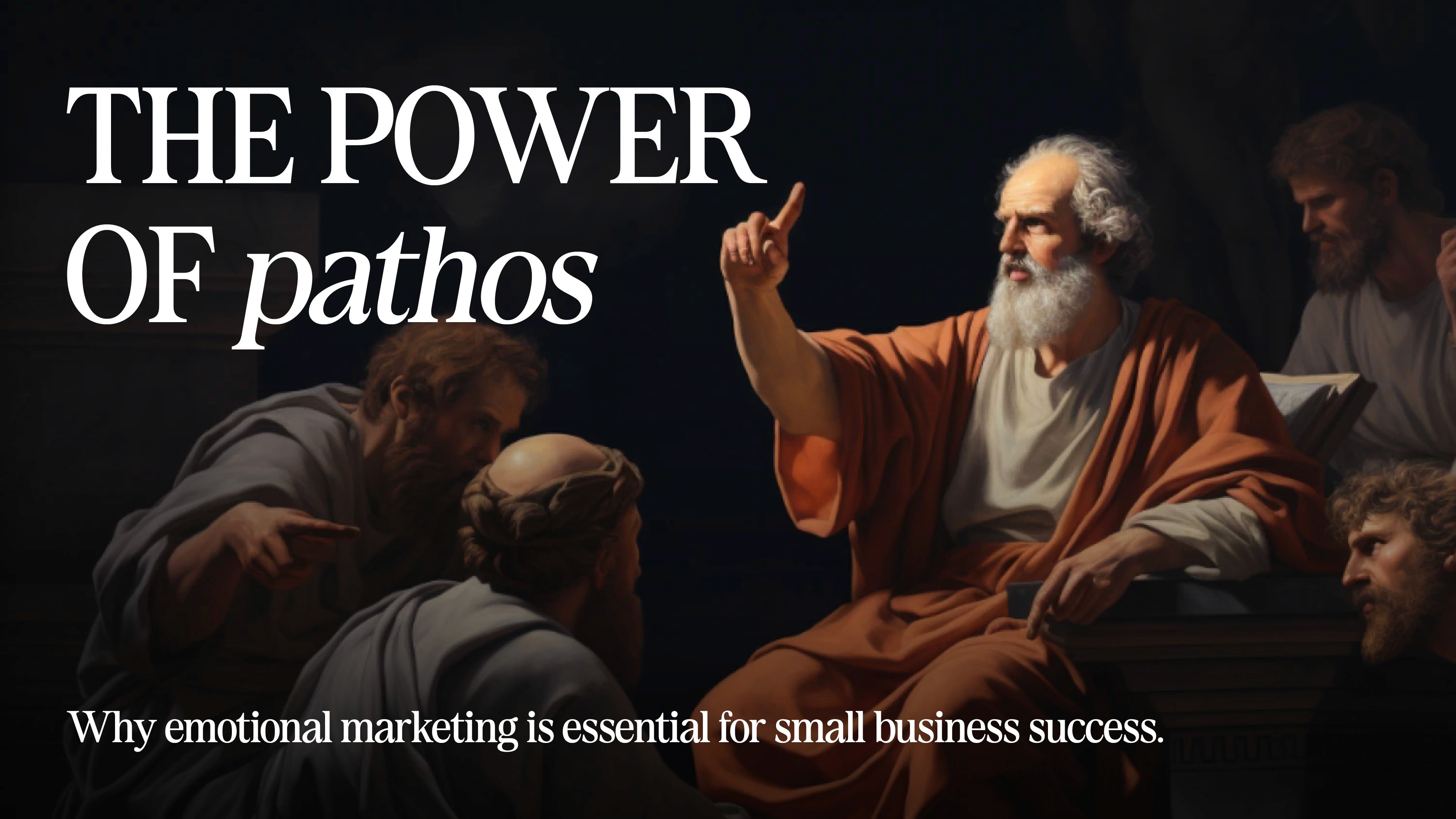
We’ve all been there: racing through the city streets, navigating the hustle and bustle, only to be stopped in our tracks by a person wielding a clipboard, strategically positioned directly in our path. In that moment, the plight of migratory birds or the urgent need to support local children becomes an unexpected focal point of our morning commute. Whether you spare a few dollars or choose to awkwardly sidestep the encounter, you’ve just experienced a highly effective marketing tactic employed by charities worldwide.
But what can we, as marketers, learn from these non-profits? The answer lies in the power of storytelling, a technique that charities have mastered, and one that holds immense potential for brands of all kinds.

THE ART OF STORYTELLING IN MARKETING
Storytelling is a fundamental aspect of marketing, and charities have long understood its power. The most successful organisations don’t wait for stories to land on their doorstep—they actively seek them out, craft them, and share them with the world. These stories are designed to resonate deeply, to tug at the heartstrings, and to compel action. And while your brand may not be in the business of saving lives, you can still harness the emotional power of storytelling to connect with your audience.
PATHOS: THE EMOTIONAL APPEAL
In the 4th century Aristotle introduced us to the three modes of persuasion: pathos, logos, and ethos. These concepts remain highly relevant in marketing today. Let’s break them down:
Pathos is the emotional appeal, and it’s where storytelling truly shines. It’s about creating content that resonates on a deeply emotional level, tapping into the senses, memories, nostalgia, or shared experiences of your audience. Charities excel at this, using pathos to build compelling narratives that evoke empathy, compassion, and a sense of urgency. Even if your brand isn’t focused on humanitarian causes, you can still use pathos to connect with your audience. Whether it’s a story about the journey of creating your product, a testimonial from a customer who's life has been changed by your service, or a narrative that highlights the values your brand stands for, pathos can help you forge a strong emotional bond with your audience.
Logos appeals to logic and reason. This approach relies on facts, data, and rational arguments. In the world of marketing, logos might manifest as a direct comparison between your product and a competitor’s, showcasing how your offering outperforms others, saves time, or reduces costs. While logos is essential in building a strong case for your product, it’s the emotional connection that often drives consumer decisions.
Ethos is all about credibility and trust. It’s an appeal to ethics and relies heavily on your brand’s authority, experience, and reputation. Charities often use ethos by highlighting their years of service, endorsements from respected figures, or partnerships with well-known organisations. For brands, ethos can be established through consistent messaging, testimonials, quality products, and a strong reputation in the market.
CRAFTING A COMPELLING NARRATIVE
To truly engage your audience, your brand’s narrative needs to be compelling. It’s not enough to simply list the features and benefits of your product. Instead, think about the story behind your brand. Why was it created? What problem does it solve? Who are the people behind it? And how has it made a difference in the lives of your customers? These are the elements that can transform a simple product into a beloved brand.
Charities often build narratives around the people they help, sharing personal stories that illustrate the impact of their work. Similarly, your brand can share stories of how your product has made a difference in the lives of your customers. Testimonials, case studies, and behind-the-scenes content can all contribute to a narrative that resonates with your audience.
APPLYING PATHOS TO YOUR BRAND
Your brand doesn’t need to be involved in life-or-death situations to create a powerful emotional appeal. Pathos can be applied in various ways to create a connection with your audience. A fashion brand might tell a story of ethically sourced products, appealing to consumers’ desire to make responsible choices. A tech company could share the story of its founders’ journey from a garage startup to a global enterprise, tapping into the entrepreneurial spirit of its audience. A beauty brand could use reviews to show their products making customers feel confident and powerful.
When crafting your brand’s narrative, think about the emotions you want to evoke. Do you want your audience to feel inspired, comforted, or excited? Tailor your content to evoke these emotions, whether it’s through the imagery you use, the language you choose, or the stories you tell.
THE POWER OF EMOTIONAL MARKETING
Charities have long understood the power of emotional marketing, and it’s a lesson that brands in all industries can benefit from. By harnessing the power of storytelling and the emotional appeal of pathos, your brand can create a deeper connection with your audience, build trust, and ultimately drive action.
So, the next time you’re crafting a marketing campaign, take a page from the not-for-profit playbook. Find the stories that matter, share them with authenticity, and watch as your brand resonates on a whole new level. In a world where consumers are bombarded with information, it’s the brands that connect on an emotional level that truly stand out.
Ready to make your brand unforgettable? Get in touch hello@annabelhs.com